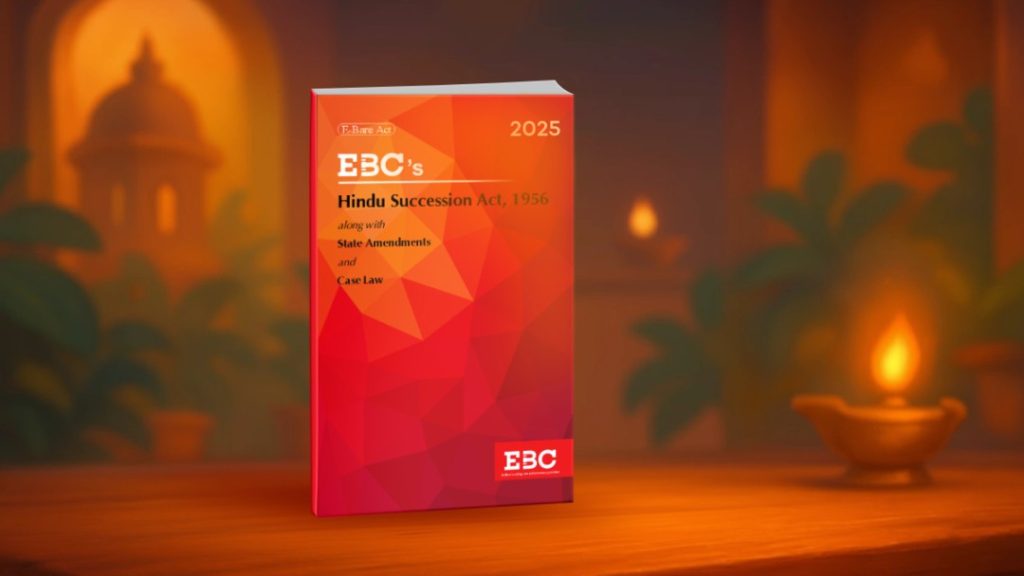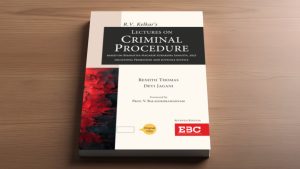
Inheritance in India has long been surrounded by myths, particularly regarding daughters’ rights. Many still believe that sons are the primary heirs and daughters have limited or conditional rights. Let’s separate fact from fiction and understand the legal reality.
Myth 1: Daughters Cannot Inherit Ancestral Property
Reality: Under the Hindu Succession Act, 1956, daughters were initially not treated on par with sons regarding ancestral property. However, the Hindu Succession (Amendment) Act, 2005 brought a landmark change. Now, daughters have equal rights as sons in ancestral property, regardless of marital status. They are considered coparceners in the joint Hindu family and enjoy all rights to ownership and disposal.
Key Section:
- Section 6 of the Hindu Succession (Amendment) Act, 2005 – Grants daughters equal coparcenary rights in ancestral property.
Myth 2: Daughters Lose Inheritance Rights After Marriage
Reality: A daughter’s inheritance rights are independent of her marital status. She remains a co-owner and can claim her share of the property even after marriage.
Myth 3: Only Sons Can Sell or Transfer Ancestral Property
Reality: Daughters now have the same powers as sons under the law. They can sell, mortgage, or transfer ancestral property with the consent of co-owners if required.
Supporting Case Law:
- Vineeta Sharma v. Rakesh Sharma (2020) – Supreme Court clarified that daughters automatically become coparceners by birth and have equal rights, even without a father’s death.
Myth 4: Daughters Cannot Claim Partition
Reality: Daughters have the right to demand partition under the Hindu Succession Act, 1956, as amended. If co-owners deny their claim, they can approach civil courts to enforce their rights.
Relevant Sections:
- Sections 8, 9, and 10 of the Hindu Succession Act, 1956 – Deal with devolution of property, testamentary and intestate succession, and partition.
Myth 5: Inheritance Rights Depend on Custom
Reality: While personal laws and customs previously restricted daughters’ rights, statutory law now prevails. Even if a community custom disallows daughters from inheriting, the 2005 amendment ensures equality.
Other Relevant Provisions
- Indian Succession Act, 1925 – Governs intestate succession for Christians, Parsis, and others, granting daughters inheritance rights as per community-specific rules.
- Muslim Personal Law – Under Sunni and Shia law, daughters have defined shares in their father’s property (typically half the share of sons) as per Quranic injunctions, enforced under customary law.
- Special Marriage Act, 1954 – Couples married under this act follow general succession laws applicable to their religion.
Key Takeaways
- Hindu law: Daughters are equal heirs in ancestral and self-acquired property.
- Other religions: Inheritance rules vary but are legally codified.
- Awareness is crucial — many families still follow old customs, but the law protects daughters’ rights.
The law is clear: daughters are entitled to equal rights in inheritance, can demand partition, and manage property just like sons. Dispelling these myths strengthens gender equality and ensures legal empowerment for women across India.
To explore the legal aspects of this topic in greater detail, you may refer to this resource.
















